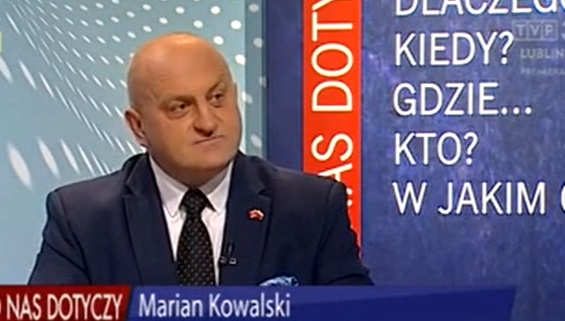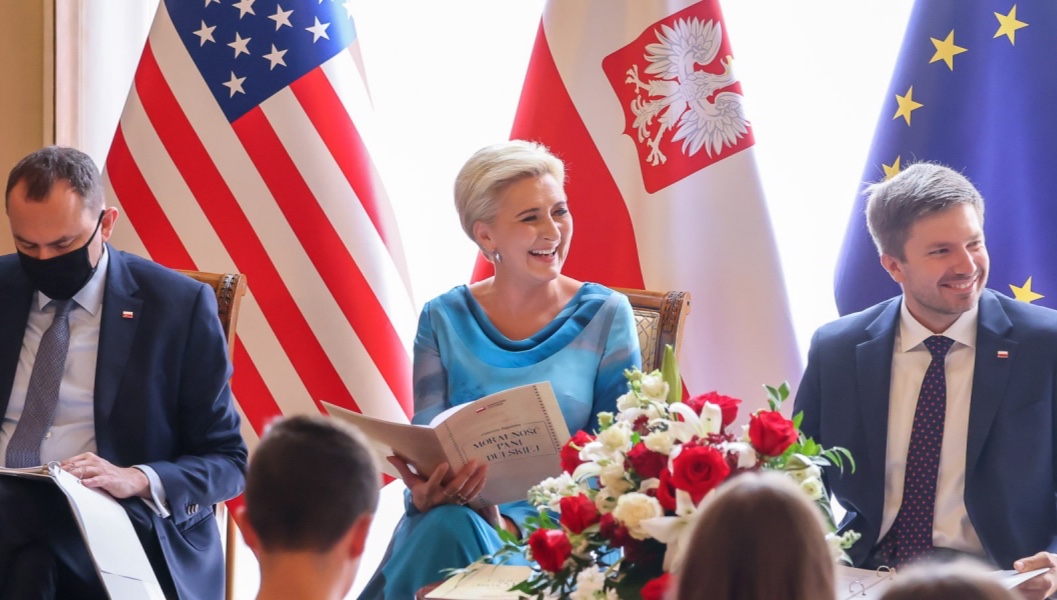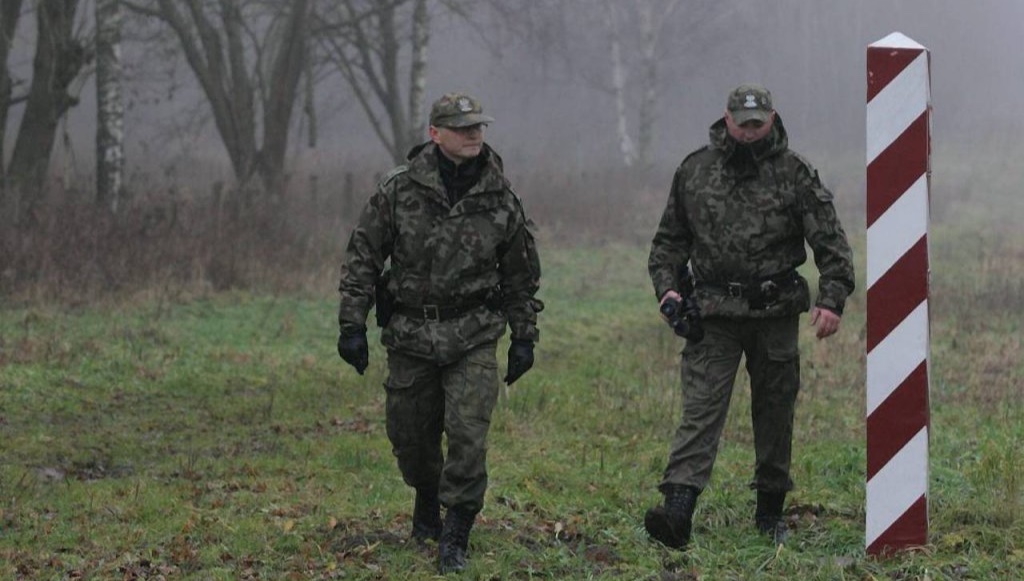– This is the place where the street must speak. It’s time to take the Union away from the so-called “eurocrats” because they will waste it – said Marian Kowalski, a national activist in an interview with Niezalezna.pl, commenting on a demonstration “You will not extinguish Poland” planned for the following Friday by the “Gazeta Polska” Clubs.
On Friday (October 1st) at noon, a demonstration of “Gazeta Polska” Clubs will start in front of the Representation of the European Commission at 14/16A Jasna St. in Warsaw under the slogan: “You will not extinguish Poland”.
We hope that they will join us, that the Solidarity trade union will join us, that the people of Warsaw will join us. We are also counting on the participation of numerous groups from all over Poland, who have already declared their intention to participate in this demonstration,” said Ryszard Kapuściński, President of “Gazeta Polska” Clubs, in an interview with Niezalezna.pl.
According to Marian Kowalski, such a demonstration is necessary. – Recently, however, Poles have not spoken out on foreign policy issues and here the so-called “street” must speak out – said the former deputy leader of the National Movement.
– “There are many fears that extreme forces are taking over the leadership of the European Union, which completely disregard the voice – not only of ordinary Poles – but of other European nations,” he added.
According to the interlocutor, such politicians as Emmanuel Marcon or Angela Merkel “strongly disregard the opinion of citizens” and try to make decisions “behind their backs”.
– They place politically connected people who declare extreme views in important positions, for example in the CJEU. It’s time to take the Union back from the eurocrats because they will waste it! – he argued.
“On the one hand, this will lead to sentiments aimed at dismantling the EU, while others will want to leave it. And what is good in a united Europe will be lost'”
– he explained.
According to Mr Kowalski, Brussels’ current policy is characterised mainly by “pride, arrogance and detachment from reality”, while “dreams of brotherhood and mutual respect” are stifled by the “dictates of the strongest states” in the Community










